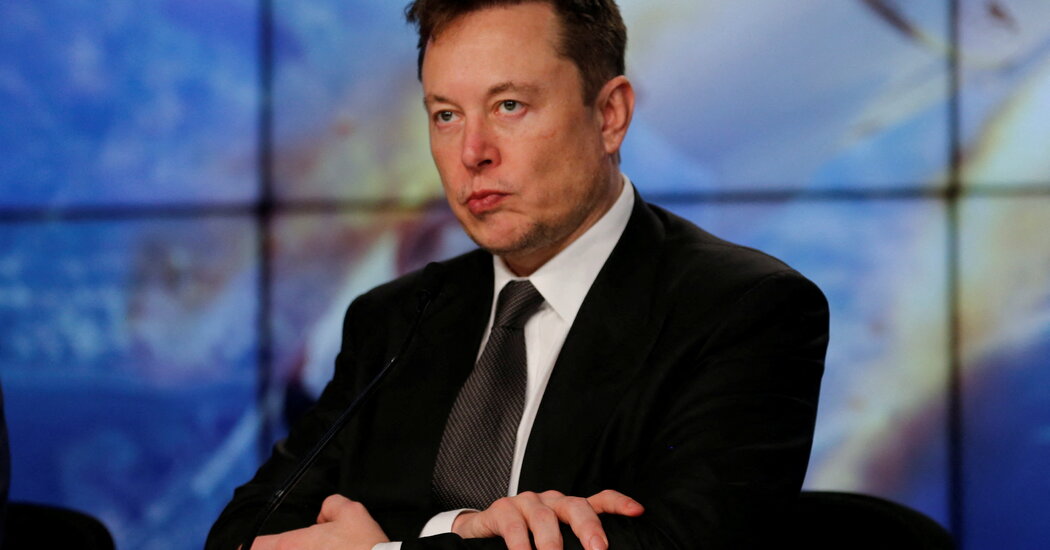Elon Musk may be preparing for the next chapter in his Twitter takeover journey: the court.
He and Twitter reached a $44 billion deal in April, and the two sides have been working to close it ever since. Mr. Musk asked for information on how many Twitter accounts are bots, and Twitter has given him access to his “firehose” or stream of tweets. It has continued to share additional information with him.
On Thursday, The Washington Post reported that the deal was in jeopardy and Mr. Musk’s team “expected to potentially take drastic action.” The article’s claims, which could not be corroborated by the DealBook newsletter, surprised Twitter and its advisers, as they did not see the deal in greater jeopardy than at any point in recent months.
Mr. Musk did not respond to a request for comment. Twitter reiterated its intention to “conclude the transaction and enforce the merger agreement at the agreed price and terms.”
There are many “drastic” actions Mr. Musk could take, but as far as the deal goes, there are two clear options: he could send a letter to Twitter saying he’s ending the deal, and he could sue Twitter. Those two actions would most likely, but not necessarily, occur simultaneously.
There are no apparent reasons for Mr. Musk to try to break the deal, as Twitter has disclosed that about 5 percent of its users are bots since it went public. But he may try to argue that this disclosure is deliberately misleading, setting a very high bar to be legally met.
In that case, Twitter could be a contradiction. Twitter strongly believes that the deal contract is on its side and that it would be an uphill battle for Mr. musk. The deal has a “specific performance clause,” which gives the company the right to sue him and force him to close the deal as long as the debt financing he secured remains intact. And even if that 5 percent estimate is wrong, Twitter warns in its legal filings that the number is an estimate and it “could be higher than we currently estimate.” The bar for using that as a reason to get out of a deal is high.
A case could be heard in Delaware, where Twitter is registered. Twitter would almost certainly seek an expedited case, given the size of the deal. One possible judge is Chancellor Kathaleen St. J. McCormick, who is also overseeing the Orlando Police Pension Fund’s lawsuit over the deal.
The stakes are high. The most valuable part of Twitter right now is the acquisition agreement with Mr. Musk. Shares are down about 24 percent since April and are trading well below the price agreed with Mr. Musk. Shares of Twitter fell 4% in premarket trading on Friday.
Twitter sees its advertising activities under pressure, has stopped hiring and a number of employees are fired. Accepting less than the price it originally negotiated with Mr. Musk could expose Twitter to lawsuits from shareholders. So while a lawsuit can be costly, losing the deal can be even worse.

